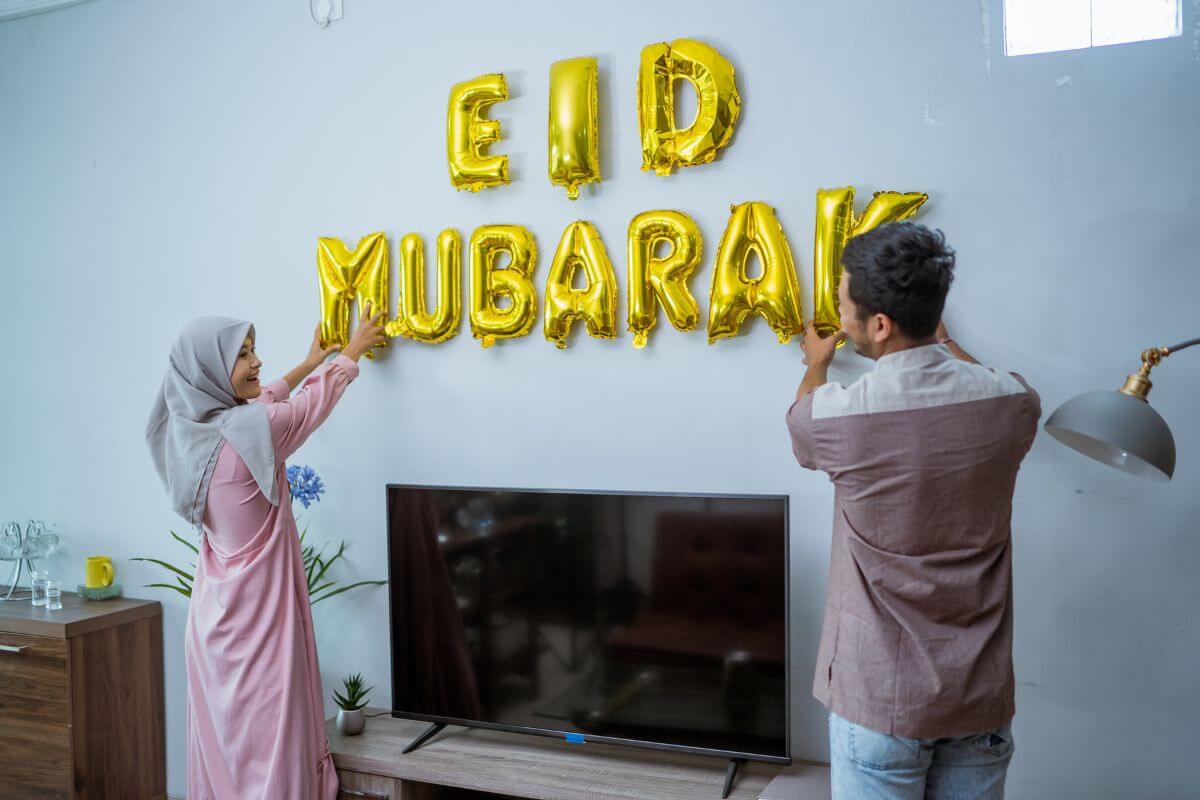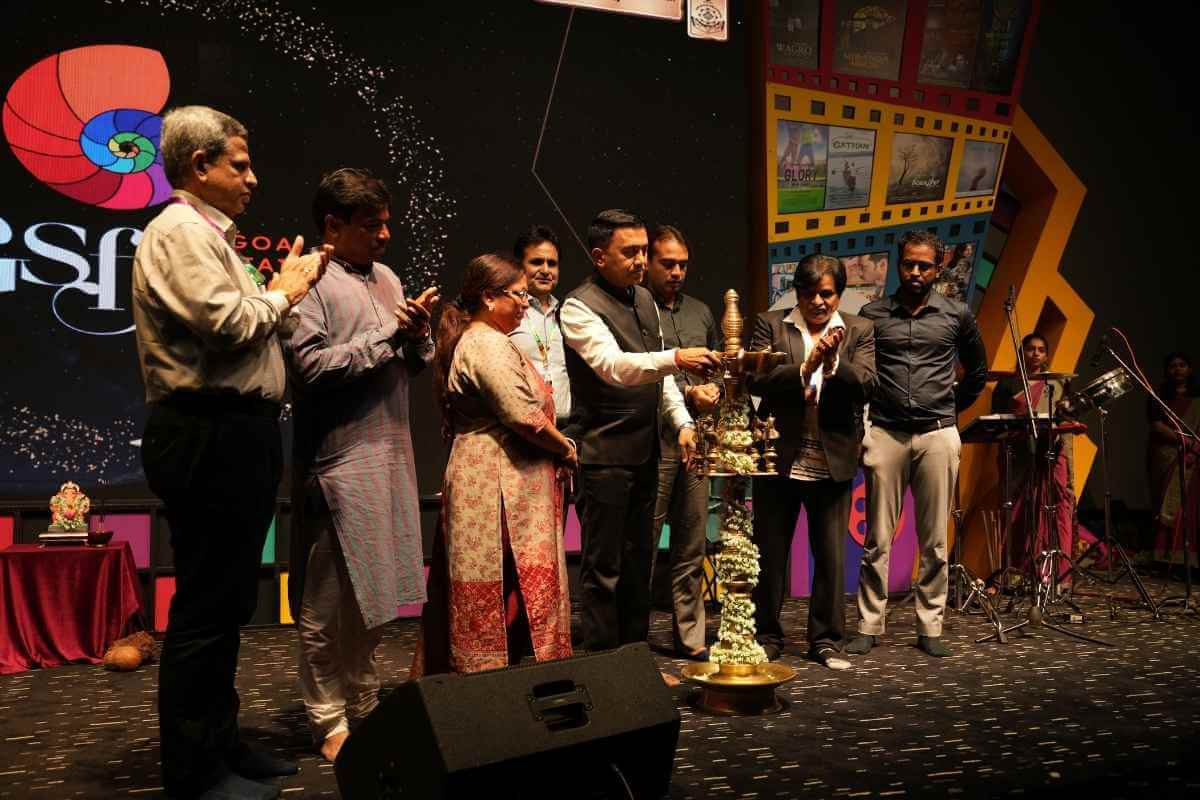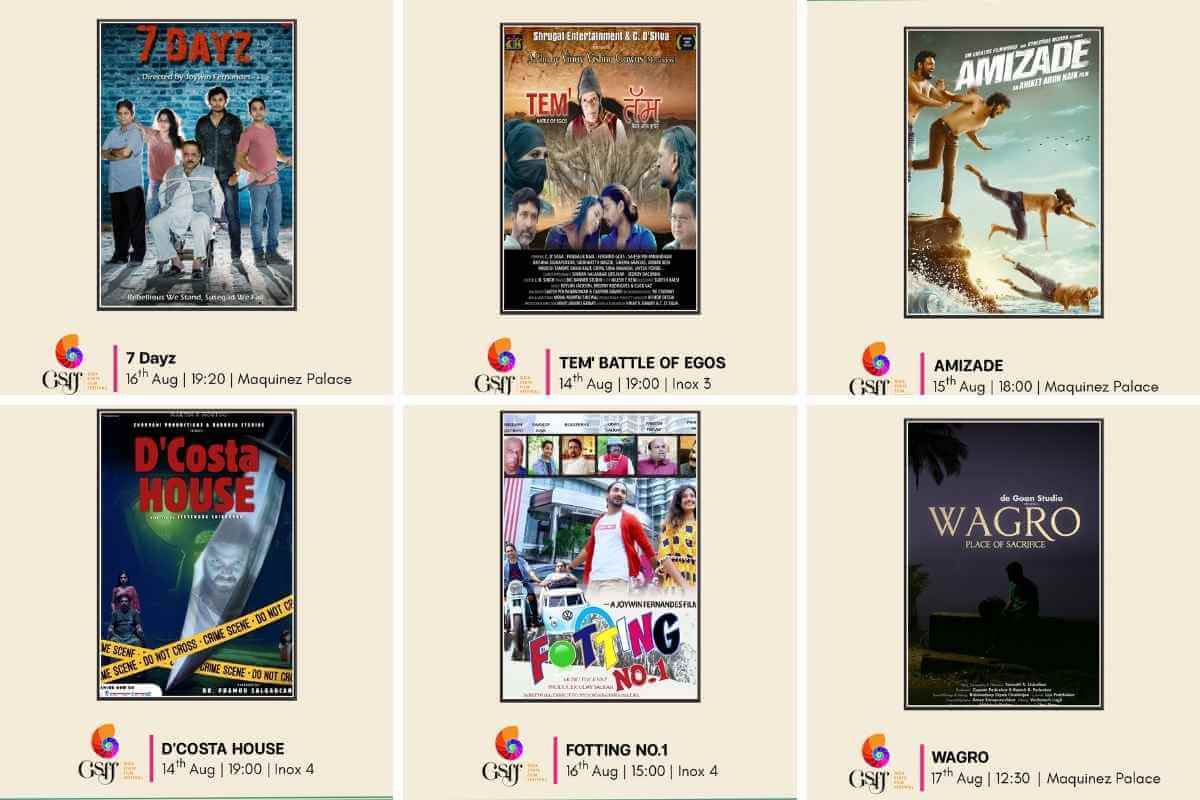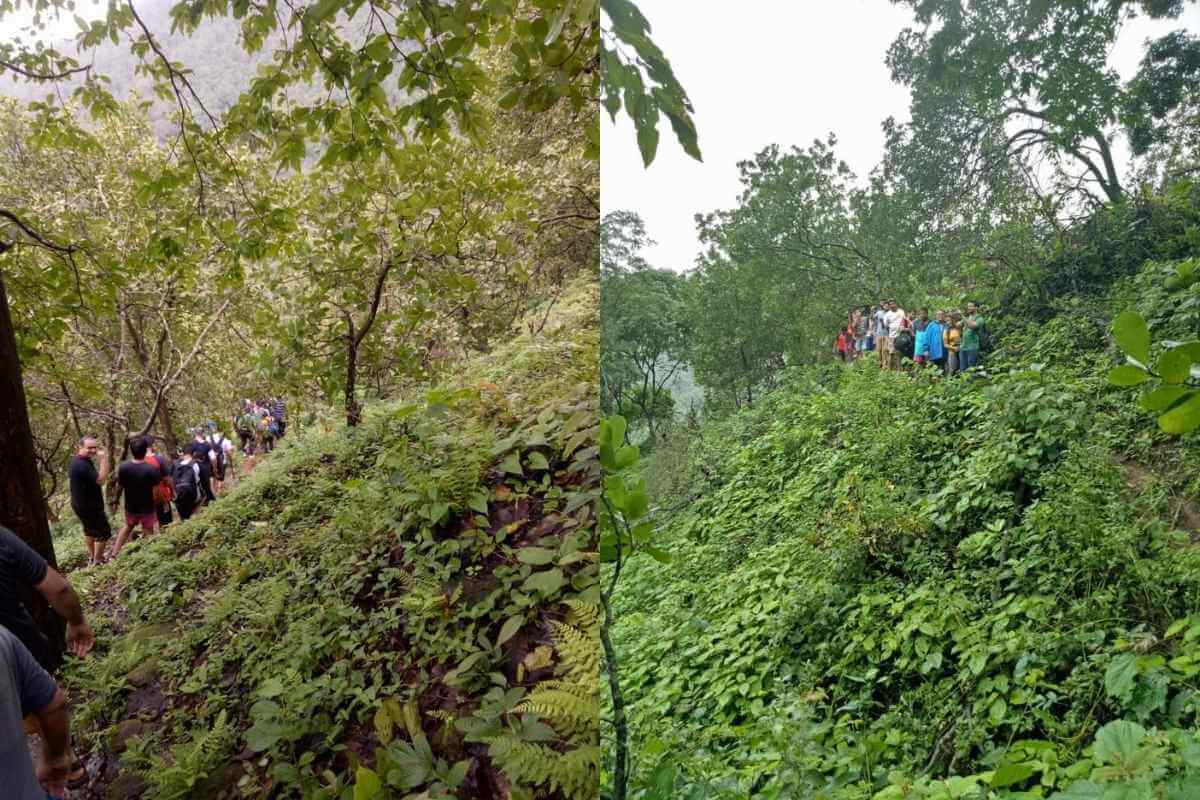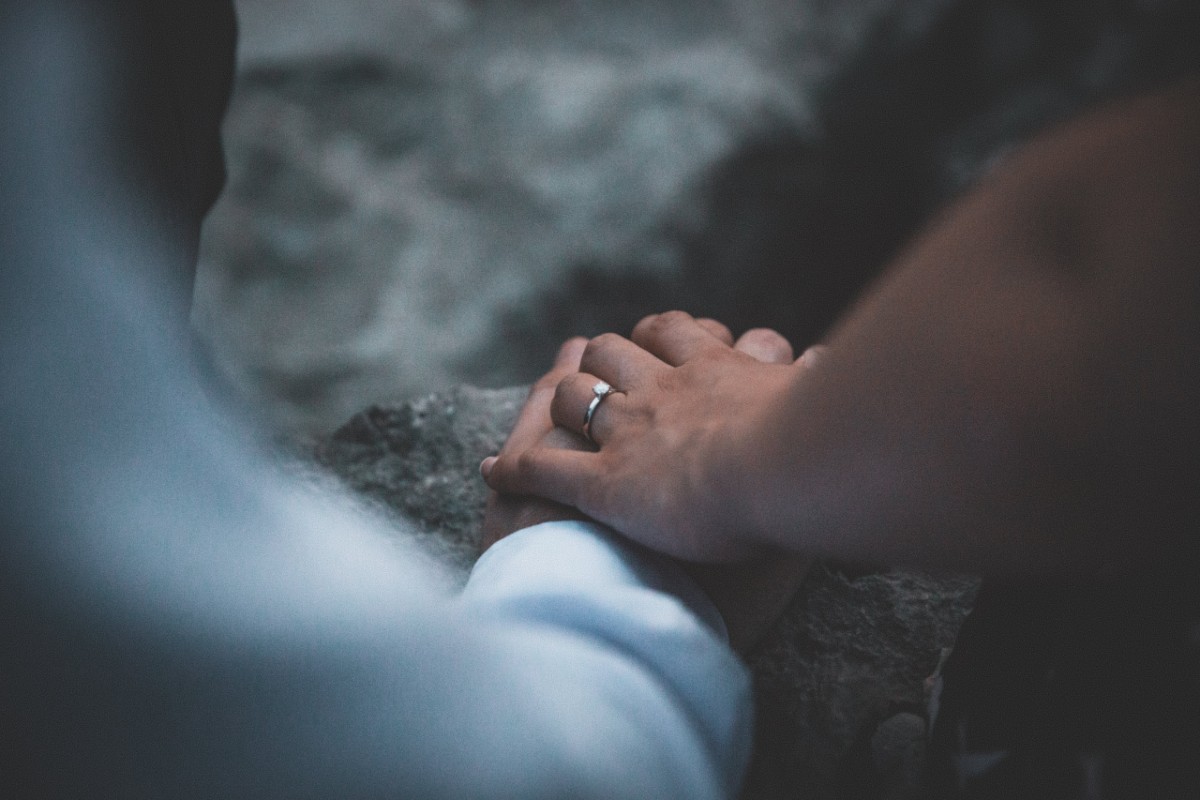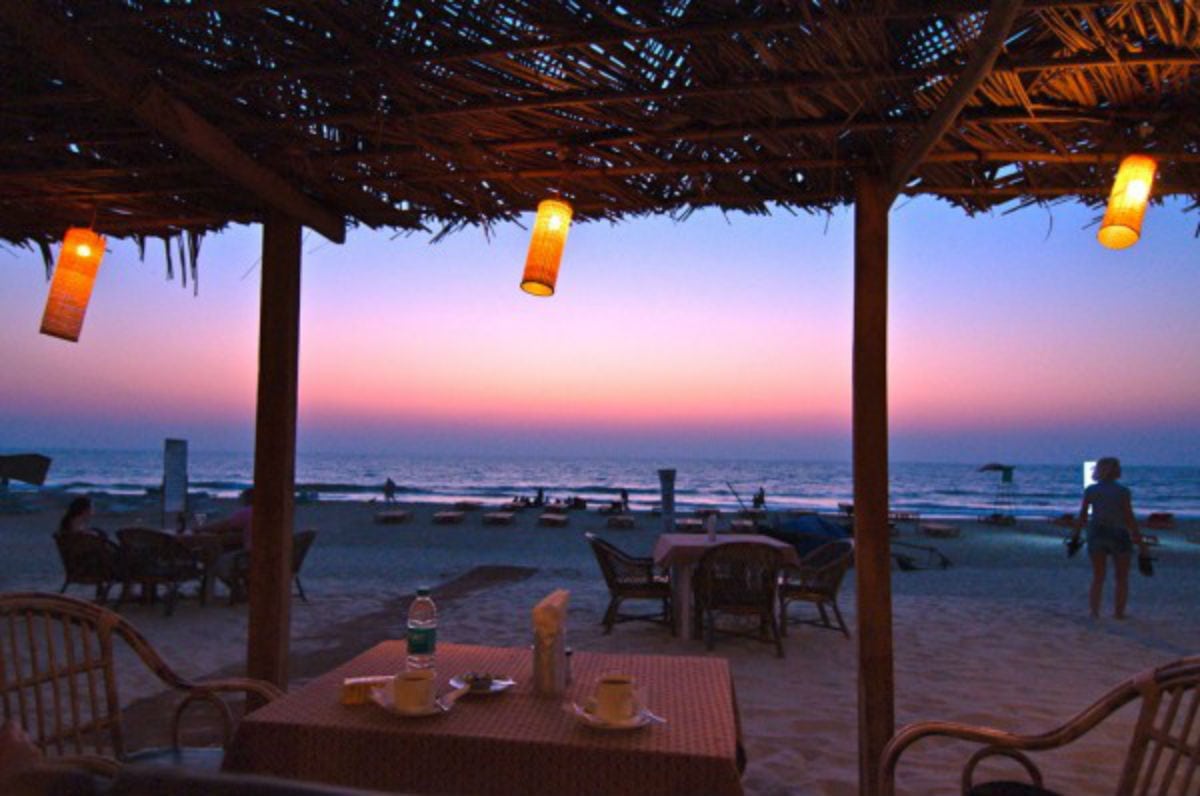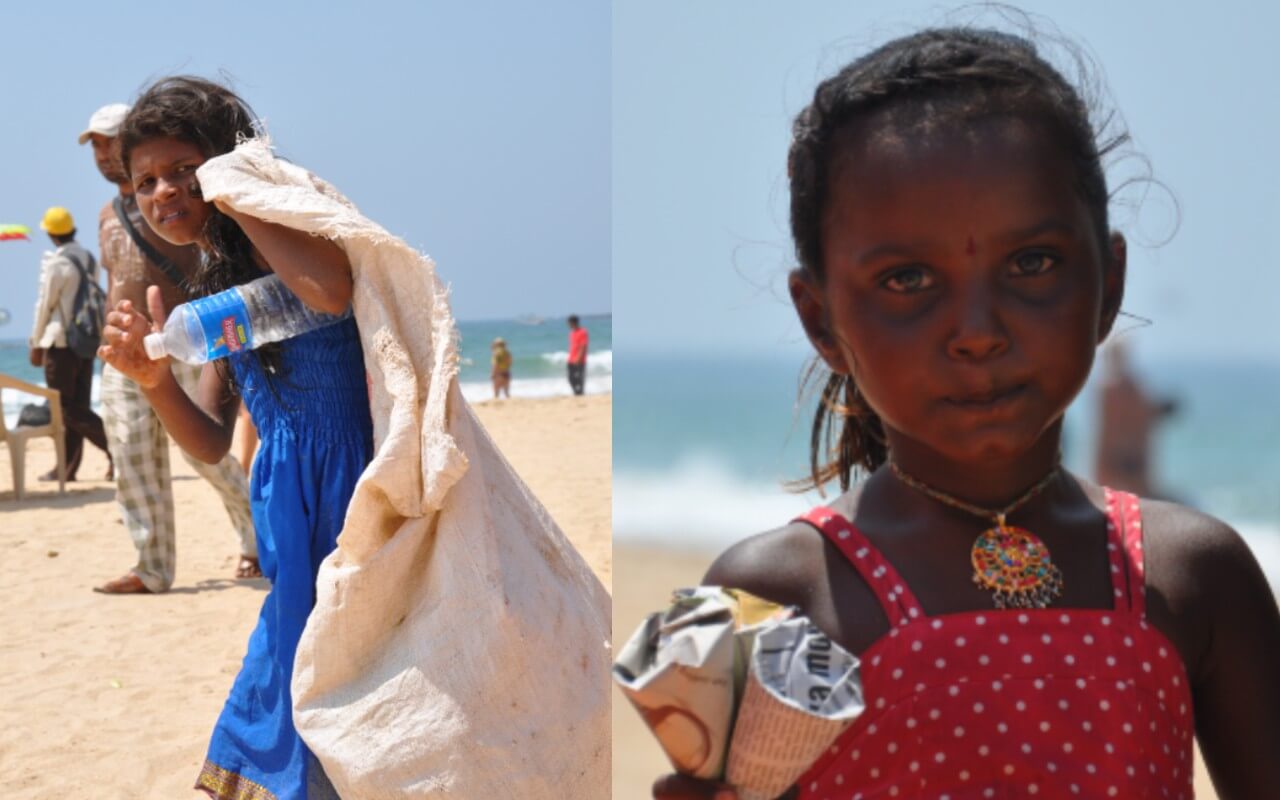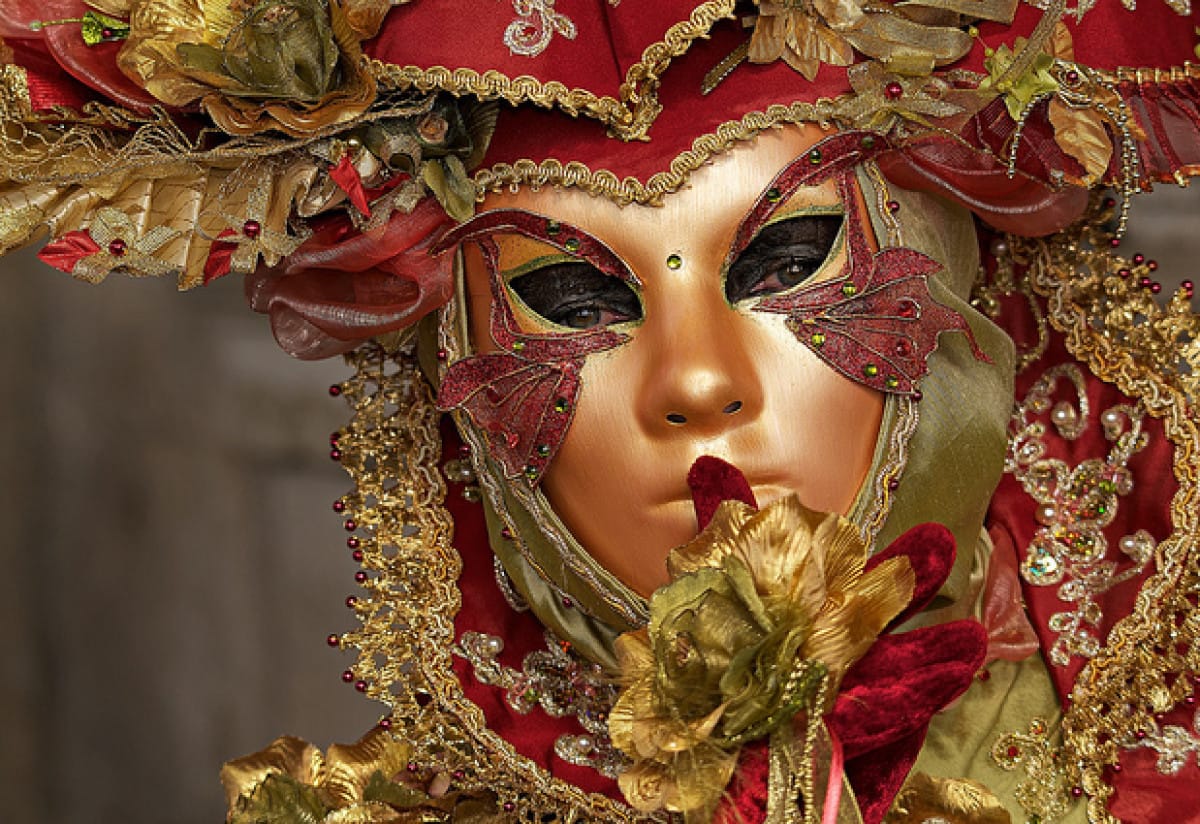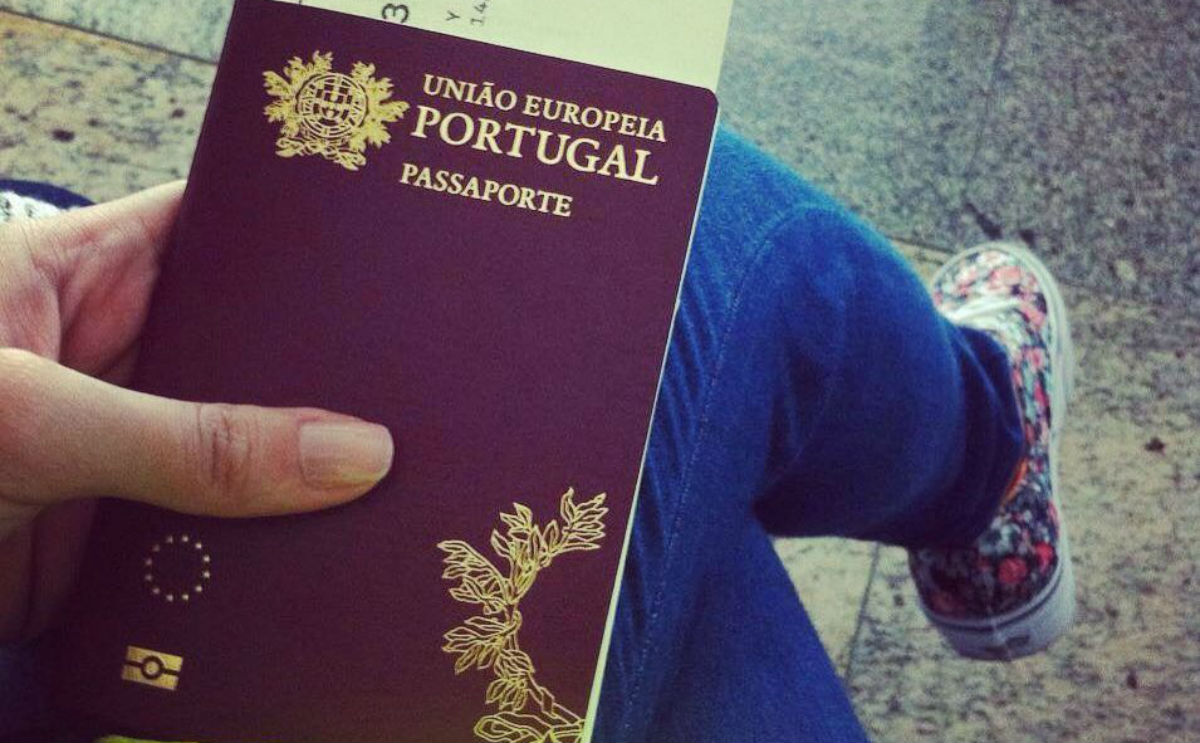Goa, renowned for its vibrant culture and picturesque beaches, is not only a melting pot of various cultures but also home to a significant Muslim community. The history of Islam in Goa dates back centuries, reflecting the region’s rich heritage and diverse religious landscape. Amidst the bustling streets and serene landscapes, the Muslim population in Goa celebrates Eid with fervour, adding to the rich tapestry of religious diversity in the region.
Islam first arrived in Goa through trade and commerce, as merchants and travellers from Arab and Persian regions ventured to the Indian subcontinent via the Arabian Sea route. Over time, Muslim traders established settlements along the coastline, contributing to the cultural and religious fabric of Goa. The presence of Islam in Goa became more pronounced during the medieval period, with the establishment of Islamic dynasties in neighboring regions. The Sultanate of Bijapur, for example, exerted its influence over parts of Goa, fostering a climate of religious pluralism and cultural exchange. As a result, Islam flourished alongside other faiths, contributing to the region’s vibrant tapestry of religious diversity.
Today, the Muslim community in Goa continues to uphold its rich cultural heritage while actively participating in the socio-economic life of the region. Eid, one of the most important festivals in Islam, holds a special significance for Muslims in Goa, serving as a testament to their faith and identity. The festivities begin with the sighting of the moon, marking the end of Ramadan, the holy month of fasting and spiritual reflection.
Preparations for Eid in Goa involve various aspects, from spiritual rituals to culinary delights. Muslims in Goa start their day with special prayers at mosques, seeking blessings and expressing gratitude for the month-long fasting journey. This is followed by the exchange of heartfelt greetings and well-wishes, as families and friends come together to celebrate the joyous occasion.
One of the defining features of Eid in Goa is the delectable spread of traditional dishes that grace dining tables across the region. From savory biryanis and succulent kebabs to mouthwatering sweets like sheer khurma and seviyan, the culinary delights of Eid reflect the rich culinary heritage of the Muslim community in Goa. These dishes not only tantalize the taste buds but also serve as a symbol of communal harmony and togetherness, as people of all backgrounds come together to partake in the festive feast.
Moreover, Eid in Goa transcends religious boundaries, with people from diverse faiths joining in the celebrations. The spirit of unity and inclusivity is palpable as neighbors exchange sweets, children don new clothes, and streets are adorned with colorful decorations. It is a time when the entire community comes together to celebrate diversity and strengthen the bonds of friendship and brotherhood.
In addition to the traditional customs, Eid in Goa is also marked by acts of charity and compassion. Muslims in the region engage in zakat, the practice of giving alms to those in need, thereby embodying the spirit of generosity and empathy that defines Islam. This spirit of giving extends beyond the Muslim community, as people of all faiths come together to support those less fortunate, fostering a sense of solidarity and compassion within the community.
As the day draws to a close, families gather once again to share a final meal and reflect on the significance of Eid. It is a time of joy, gratitude, and spiritual renewal, as Muslims in Goa reaffirm their commitment to their faith and their community. Eid in Goa is not just a religious festival but a celebration of diversity, unity, and compassion. It serves as a reminder of the rich cultural heritage that defines the region and the spirit of harmony that transcends religious boundaries. In Goa, Eid is not merely a day of feasting and merriment but a testament to the enduring values of tolerance, inclusivity, and solidarity that unite us all.




